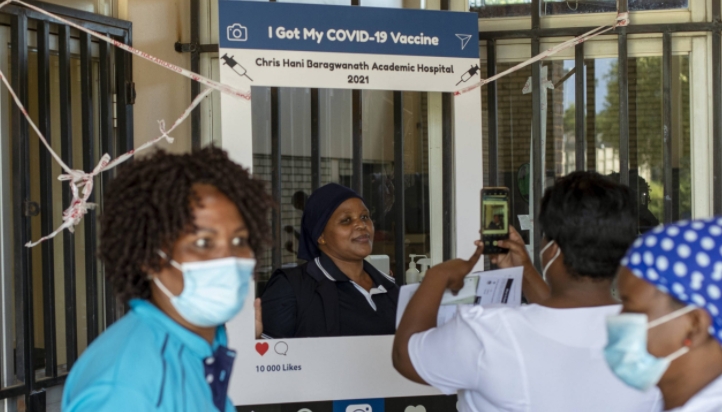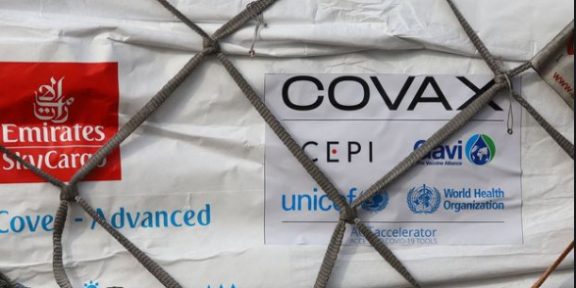Africa’s healthcare systems have been under pressure to fight the Covid-19 pandemic as well as the threat of other diseases such as malaria, Ebola and HIV/AIDS.
This pressure is an opportunity – not only for the governments to acknowledge that healthcare systems are in bad shape but also for innovators and local organisations to partner and provide essential healthcare services that are affordable, reliable and tailored to local needs.
All United Nations member states have agreed to try to achieve universal health coverage by 2030. In Africa, innovations in healthcare have allowed the continent’s health services to reach a new level.
As of July, according to the High-Tech Health: Exploring the African E-health Startup Ecosystem Report 2020, the number of African e-health start-ups operating across the continent hit an all-time high at 180 active companies. These companies raised over $90m in 2020 alone.
African leaders have been taking bold steps to improve healthcare systems and save money in the process. Governments have acknowledged that to realise the full potential of e-health, more must be done to tackle infrastructural challenges such as electricity, local capacity and internet access.
How can Africa maintain this momentum? Buy-in from the public and private sectors, vigorous training and infrastructure development are important parts of the equation. Stakeholders will need to call on governments to form national eHealth bodies to guide policy and strategy, data security, legal and ethical issues, as well as funding, monitoring and evaluations.
In Uganda, the government has unveiled a national e-health policy that recognizes the potential of information and communication technology (ICT) in healthcare delivery. The government has engaged stakeholders to ensure an informed national e-health policy based on international best practice.
In Nigeria, the government has been using e-health technology to help it fight the pandemic. Through the help of e-Health Africa, the government has set up a system that alerts patients who take a test for the virus with an automated text message with the results and has used the platform for contact tracing. This system helps deal with the pressure on an already stressed healthcare system.
Public-Private Partnerships
Governments can’t do it alone. The changing healthcare landscape has prompted a greater need for innovation and the private sector is a key player.
Airtel Africa has been at the forefront of helping African countries to engage with their citizens, building local capacities and encouraging partnerships. When Madagascar experienced outbreaks of pneumonic and bubonic plague in 2017, Airtel Madagascar supported the WHO and the Malagasy government to implement a strategic response plan on the communication of prevention, symptoms, transmission and treatment. Airtel Madagascar raised public awareness around prevention, reducing incidents in the community due to ignorance.
A successful digital healthcare system will rely on adequately trained providers. Upskilling local healthcare workforce is thus a major requirement and the private sector has its part to play.
E-health in Africa involves a lot of moving pieces. But if the pandemic has taught us something, it’s that Africa is fertile with innovation.
Chatbots using artificial intelligence (AI) have enabled Nigerians to self-diagnose, South Africa has revolutionised AI-powered call centres, and Uganda has invested in telemedicine applications.
There is an opportunity for Africa to transform its healthcare, and mobile technologies will be a big driver to achieving the aim of Universal Health Care 2030.
Source: The Africanews









